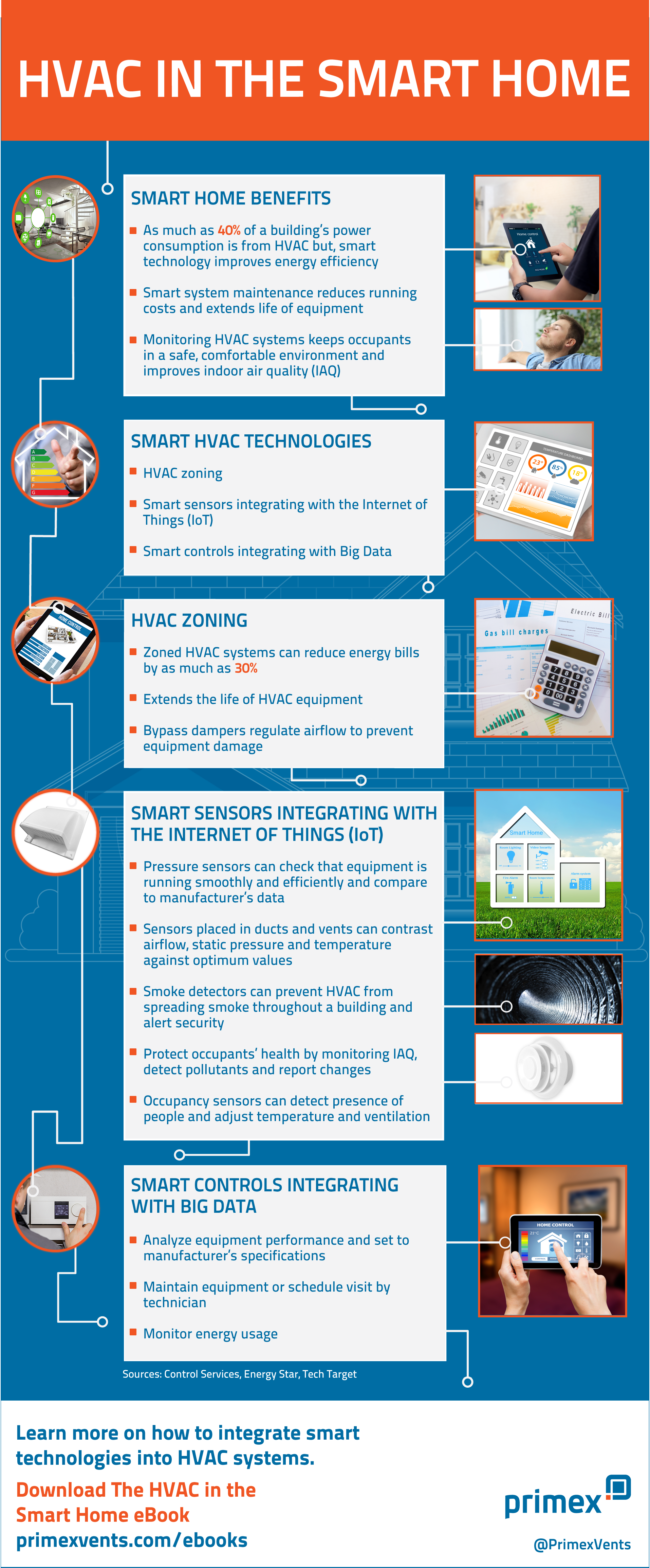Taking A Look At Weather Condition'S Function In Heatpump Performance And Referrals For Optimization
Taking A Look At Weather Condition'S Function In Heatpump Performance And Referrals For Optimization
Blog Article
Short Article Author-Pacheco Regan
When it concerns your heat pump, climate plays a critical duty in its performance. From freezing temperature levels to sweltering heat, each component can affect how efficiently your system operates. But what can you do to deal with these weather-related challenges and guarantee your heatpump is working at its ideal? Stay tuned to find mitsubishi electric heat pump not heating and methods to maximize your heat pump's performance, regardless of the climate condition it deals with.
Climate Factors Impacting Heatpump Efficiency
Climate elements have a substantial influence on the effectiveness of heat pumps. One crucial factor is temperature. Heat pumps function by transferring heat from outside to inside during winter and the other way around in summer season. As temperatures decrease, it comes to be harder for the heat pump to remove warm from the outdoors air, decreasing its efficiency.
One more crucial element is humidity. High humidity degrees can make it more tough for the heatpump to release heat during the cooling process.
Additionally, wind rate plays a role. Strong winds can dissipate the heat absorbed or released by the heatpump, influencing its total efficiency.
Tips for Optimizing Heatpump Efficiency
To improve the performance and durability of your heat pump, executing a couple of essential techniques can make a significant difference in its performance.
First of all, make certain normal maintenance by cleansing or replacing filters every 1-3 months to prevent airflow blockages and optimize air flow. Furthermore, timetable annual expert examinations to discover and deal with any type of prospective problems early.
Optimum thermostat setups likewise play an essential role. Throughout the winter, go for a temperature level setup that's as low as comfy, and throughout the summertime, established it as high as comfortable to lower the work on your heatpump. Making use of a programmable thermostat can aid you automatically adjust settings based upon your timetable.
Moreover, securing leakages in ductwork and protecting ducts in unconditioned spaces can protect against power loss and improve overall system effectiveness.
Lastly, consider installing a smart thermostat that can discover your routines and adjust setups accordingly, further enhancing your heatpump's efficiency. By following these suggestions, you can guarantee your heat pump runs effectively and effectively throughout the year.
Best Practices for Weatherproofing Your Heatpump
For optimal efficiency and effectiveness of your heat pump, implementing weatherproofing measures is necessary. Beginning by sealing any kind of gaps or cracks around doors, home windows, and ductwork to avoid heat loss and maintain a consistent indoor temperature level.
Insulate exposed pipelines and ducts to prevent freezing during winter and guarantee appropriate air movement. Take into Read the Full Write-up mounting a safety cover over the outdoor unit to shield it from extreme weather condition elements like snow, ice, and particles.
On a regular basis tidy the outside unit to get rid of dust, leaves, and debris that can block air flow and decrease efficiency. Additionally, keep the area around the heatpump free from snow, ice, and greenery to allow for correct ventilation.
Verdict
Since you understand how weather condition affects your heatpump efficiency, you can take positive actions to enhance its performance. By complying with the tips described in this short article, such as regular maintenance, thermostat adjustments, and weatherproofing procedures, you can guarantee that your heatpump operates at its best regardless of the weather conditions. Keep successful and maintain your home comfortable all year round.
